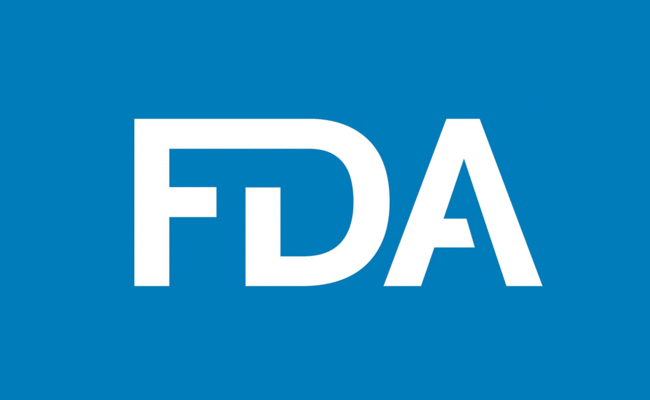FDA Issues Guidance on Patient Access Requests During COVID-19
The FDA guidance will give IBRs clarity on key factors and procedures they should consider when reviewing individual patient expanded access requests during COVID-19.

Source: Thinkstock
- FDA recently issued guidance to the Institutional Review Board (IRBs) regarding expanded access requests for COVID-19 investigational drugs, including expanded access for individual patients.
For more coronavirus updates, visit our resource page, updated twice daily by Xtelligent Healthcare Media.
Under FDA regulations, three categories of expanded access investigational new drug applications (INDs) are available. The first one is individual patient INDs, including for emergency use, intermediate-size INDs for intermediate-size patient populations, and “treatment” INDs for larger populations, FDA said.
An individual patient expanded access request can be submitted to FDA by a licensed physician as a new IND or by a sponsor of an existing IND as a protocol amendment.
“IRB review of expanded access request for an individual patient should focus on key factors needed to assess the risks and benefits of treatment for the particular patient involved” FDA said.
“As discussed above, FDA is aware that IRBs are seeking clarity regarding the key factors and procedures they should consider when reviewing individual patient expanded access requests, including IRB reviews conducted by single members, to fulfill its obligations under 21 CFR Part 56.”
The recommendations the agency stated are to guide IRBs when reviewing an individual patient expanded access request, including established procedures and factors to consider.
First, FDA suggested that IRBs consider establishing procedures for a single IRB member to review an expanded access submission for a patient if the physician requests a waiver.
The procedures should contain information that IRBs determine as “relevant” for an individual review and should include procedures to ensure that the member documents the decision to go through with or reject the treatment.
Secondly, IRBs should report on the risks and benefits for the patient involved and if the risks are worth the benefit of the treatment.
A thorough patient history and treatment plan should be included in the Form FDA 3926.
The key information should include:
· The proposed daily dose, route, and frequency of administration, duration of treatment, criteria for discontinuation of treatment, and dose modifications for adverse events
· The planned monitoring for adverse events, response to treatment, and changes in clinical status
· The key details of the patient’s history, such as diagnosis and summary of prior therapy, and a patient’s relevant clinical characteristics that are necessary to assess the potential for increased risks of the drug
· A summary of known risks of the drug
Additionally, FDA recommended that IRBs assess the qualifications of the physician submitting the patient expanded access request, confirm that pediatric patients receive adequate provisions, and confirm that the informed consent documents contains information.
“The primary purpose of expanded access is to use the drug to diagnose, monitor, or treat a patient’s disease or condition rather than to generate scientific information intended to characterize the safety and effectiveness of a drug,” FDA stated.
“Given that the drug used under expanded access is investigational, FDA considers a statement in the informed consent document indicating that although the primary use of the drug is for treatment, the drug is investigational and FDA has not determined that the drug is safe or effective for use in treating COVID-19, that the informed consent provide a statement that the use of the product “involves research.”
Within 60 days following the termination of the public health emergency, FDA said it will revise and replace this guidance with any necessary changes based on comments received on this guidance and the agency’s experience with implementation.
FDA must protect the US from emerging infectious diseases, including the novel coronavirus. During this public health emergency, FDA issued the guidance to provide recommendations regarding the factors and procedures IRBs should consider when expanding access to an individual patient, including reviews by a member of the IRB.
The guidance will stay in effect for the remainder of the COVID-19 pandemic, FDA said.
